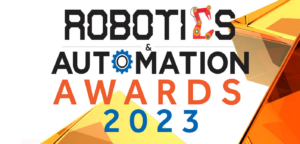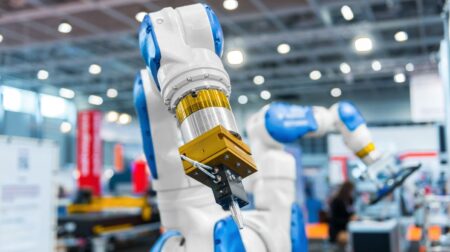Corndel has conducted a UK-based survey surrounding fears about the role artificial intelligence (AI) will play in future job losses and employment and its role in addressing the growing data and digital skills gap.
According to the survey results, 61% of young workers believe that 25% of their future role will be performed by AI, with 38% of the 18-34 year olds believing that AI will do 50% of their job in the next decade.
The survey also showed that 39% of UK employees feel their roles will be equally impacted, despite the fact that 82% of respondents reported having no training on how to use AI in the workplace.
Corndel surveyed 300 senior data leaders and 1,500 data professionals, with 35% of this group expressing that the biggest consequence of the data skills gap will continue to be reduced efficiency and productivity.
Some 37% of senior decision-markers working with data pointed to lack of data literacy as a barrier to economic success; higher stress levels were also linked to the data skills gap by 29% of data workers.
James Kelly, CEO and co-founder of Corndel, said: “Our research shows that many UK organisations are struggling to embed the data skills needed to fuel growth and drive performance.
“Nearly a third of employees who work with data say they aren’t confident in understanding, analysing and drawing insights from data, which is a major concern in today’s business environment.”
The skills provider published a report today that revealed that four in ten employees (44%) believe lack of time allocated for learning and skills development is a major challenge in keeping up with evolving data skills and knowledge in their organisation
This figure rises to 55% of employees in larger organisations with more than 1,000 employees.
The research found that over half of those working in data roles (53%) believe ‘on the job’ workplace training and experience is the best solution to eliminating the data skills gap, while four in ten said access to online training (43%) and more access to data analysis tools and software (39%) would best solve the issue.
David Brown, director of executive education at Imperial College Business School, said:“This report…highlights the perennial paradoxes we face: first, an acute need for more digital capabilities, hindered by an unwillingness or inability for individuals and companies to invest for several good (and mostly not good) reasons.
“And second, it highlights the need to blend hard and soft skills in the workplace. In today’s fast-paced world, delaying decisions has significant consequences, perhaps sooner than we think. Conversely, the ROI on capability development is much faster, tangible, and easier to prove.”
Enter now!
The inaugural Robotics & Automation Awards has set-up a category to recognise innovative uses of artificial intelligence, with the first round of entries for Innovative Use of AI open for free entry until 21 August 2023. For entry form enquiries, please contact Kajal Ravalia at kajal.ravalia@akabomedia.co.uk or on 020 8037 1777









